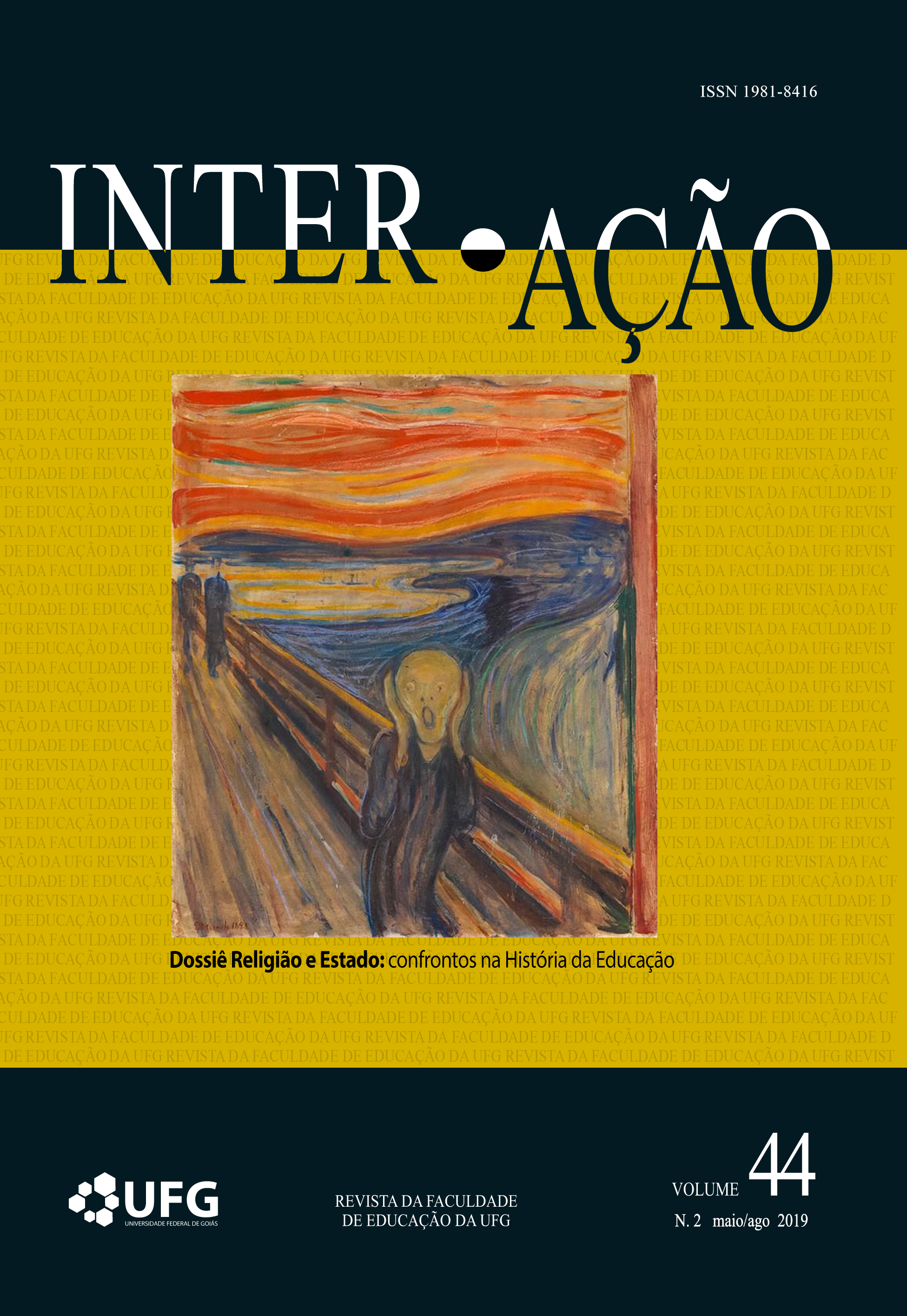ESCOLA: ESPAÇO DE RESISTÊNCIA NA INTERPRETAÇÃO DAS POLÍTICAS EDUCATIVAS
DOI:
https://doi.org/10.5216/ia.v44i2.55662Abstract
Este trabalho aborda o processo de interpretação/tradução das políticas educativas pelos educadores na escola básica de Goiás e do Rio de Janeiro, analisando os ajustamentos secundários realizados por eles nesse processo. Utilizo os conceitos de atuação das políticas (BALL et al., 2016) e o de comunidade de prática (LAVE; WENGER, 1991) para apoiar-me na argumentação. Constatou-se que, em Goiás e na cidade do Rio de Janeiro, os educadores encontraram brechas para resistirem às propostas da política educativa. No primeiro caso, a política por ser mais prescritiva possibilitou ações mais pontuais dos professores no enfrentamento das propostas. No Rio de Janeiro, por ser uma política em fase inicial e menos prescritiva, possibilitou a formação de uma comunidade de prática que fortaleceu o trabalho em equipe.
Downloads
Published
Versions
- 2026-01-21 (2)
- 2019-08-13 (1)
How to Cite
Issue
Section
License
Copyright (c) 2019 Vania Finholdt Angelo Leite

This work is licensed under a Creative Commons Attribution-NonCommercial 4.0 International License.
Inter-Ação uses the Creative Commons Attribution 4.0 License for Open Access Journals (Open Archives Initiative - OAI) as the basis for the transfer of rights. Open access means making documents available on the Internet free of charge, so that users can read, download, copy, distribute, print, search, or link to the full text of documents, process them for indexing, use them as input data for software programs, or use them for any other lawful purpose, without financial, legal, or technical barriers.
Authors publishing in this journal agree to the following conditions:
1) Authors retain copyright and grant the journal the right of first publication, with the work simultaneously licensed under the Creative Commons Attribution License, which permits redistribution of the work with attribution and first publication in this journal.
2) Authors are permitted to enter into additional, separate agreements for non-exclusive distribution of the version of the work published in this journal (e.g., for publication in an institutional repository or as a book chapter), with attribution and first publication in this journal.
3) Authors are permitted and encouraged to publish and distribute their work online (e.g. in institutional repositories or on their home page) at any time before or during the editorial process, as this may generate productive changes as well as increase the impact and citation of the published work.















